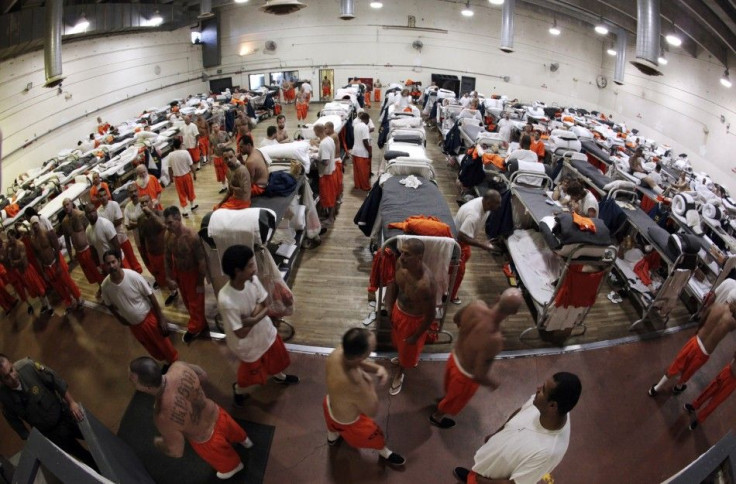War on Drugs a “Total Failure” And Statistics to Prove It

Former President Jimmy Carter, writing in a NYTimes op-ed, agreed with a Global Commission on Drug Policy that showed the current global War on Drugs to be a “total failure, espeically in the US.
Statistics more than back up this accusation.
The Global Commission on Drug Policy reported that between 1998 and 2008, global use of opiates increased 34.5 percent, cocaine 27 percent, and cannabis 8.5 percent.
Carter said when he left the presidential office in 1980, 500,000 people were incarcerated in America. At the end of 2009, the number jumped to 2.3 million. If the number of people on probation and parole are included, the figure totals 7.2 million people, or more than 3 percent of all US adults.
In 2011, 50.8 percent of Federal inmates are incarcerated for drug offenses. This compares to just 4.2 percent for robbery, 2.7 percent for homicide/assault/kidnapping, and 4.7 percent for sex offenses.
In fact, since the mid-1990s, violent crimes (murder, rape and sexual assault, robbery, and assault) and burglary have steadily declined. What has skyrocketed is arrests for drug offenses.
In the last decade, due almost solely to the surge in drug-related arrests, US prisons are massively overcrowded and underfunded. The rehabilitation aspect of incarceration is slim to nil.
Today more than ever, Carter's fear in 1977 that penalties for drugs are doing more damage than drugs themselves rings true.
Carter put forth the following recommendations to address the abysmal failure of the War on Drugs policies:
1. Decriminalized the possession of less than one ounce of marijuana and add a full program to treat addicts.
2. Remove mandatory minimum sentencing and “three strikes you’re out” laws.
3. Don’t rely on controlling drug imports from foreign countries. It doesn’t work and is responsible for “a terrible escalation in drug-related violence, corruption and gross violations of human rights in a growing number of Latin American countries.”
4. Experiment with legal regulation of drugs and thus takeaway the power of organized crime.
© Copyright IBTimes 2025. All rights reserved.





















